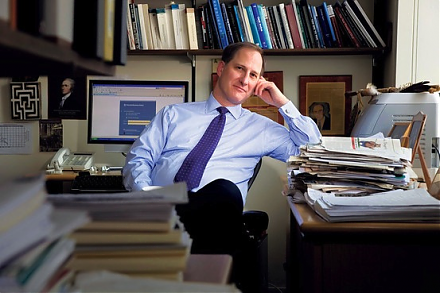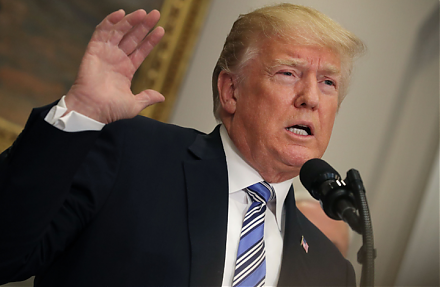

2018-06-14 10:35:00 Thu ET
stock market competition macrofinance stock return s&p 500 financial crisis financial deregulation bank oligarchy systemic risk asset market stabilization asset price fluctuations regulation capital financial stability dodd-frank
The Federal Reserve's current interest rate hike may lead to the next economic recession as credit supply growth ebbs and flows through the business cycle. All of the 35 U.S. large banks such as JPMorgan Chase, Citigroup, Bank of America, and Wells Fargo pass the annual stress test and thus would be able to lend even under the grimmest economic conditions. During the Trump administration, the U.S. Treasury and Federal Reserve may roll back at least some of the Dodd-Frank rules and regulations.
These extreme economic conditions include 10% unemployment, a sharp decline in general house prices, and a severe recession in Europe and elsewhere. Even under these dire conditions, the big banks hold sufficient capital buffers that would exceed the financial-sector equity claims back in the years just before the Global Financial Crisis. The Federal Reserve retains the final veto power to restrict any dividend hikes or share repurchases that the banks may pursue in order to return cash distributions to their shareholders.
It is important for financial intermediaries to substantially increase their core equity capital buffers in order to safeguard against extreme losses that might arise in rare times of financial stress such as the Global Financial Crisis from 2008 to 2009.
If any of our AYA Analytica financial health memos (FHM), blog posts, ebooks, newsletters, and notifications etc, or any other form of online content curation, involves potential copyright concerns, please feel free to contact us at service@ayafintech.network so that we can remove relevant content in response to any such request within a reasonable time frame.
2023-04-14 13:32:00 Friday ET

Calomiris and Haber delve into the comparative analysis of bank crises and politics in America, Britain, Canada, Mexico, and Brazil. Charles Calomiris an
2019-04-13 14:28:00 Saturday ET

Saudi Aramco unveils the financial secrets of the most profitable corporation in the world. In its recent public bond issuance prospectus, Aramco offers the
2023-10-28 12:29:00 Saturday ET

Paul Morland suggests that demographic changes lead to modern economic growth in the current world. Paul Morland (2019) The human tide: how
2017-03-09 05:32:00 Thursday ET

From 1927 to 2017, the U.S. stock market has delivered a hefty average return of about 11% per annum. The U.S. average stock market return is high in stark
2022-03-25 09:34:00 Friday ET

Corporate cash management The empirical corporate finance literature suggests four primary motives for firms to hold cash. These motives include the tra
2019-02-05 10:32:00 Tuesday ET

President Trump remains optimistic about the Sino-American trade war resolution of both trade deficit eradication and tech transfer enforcement. Trump now s